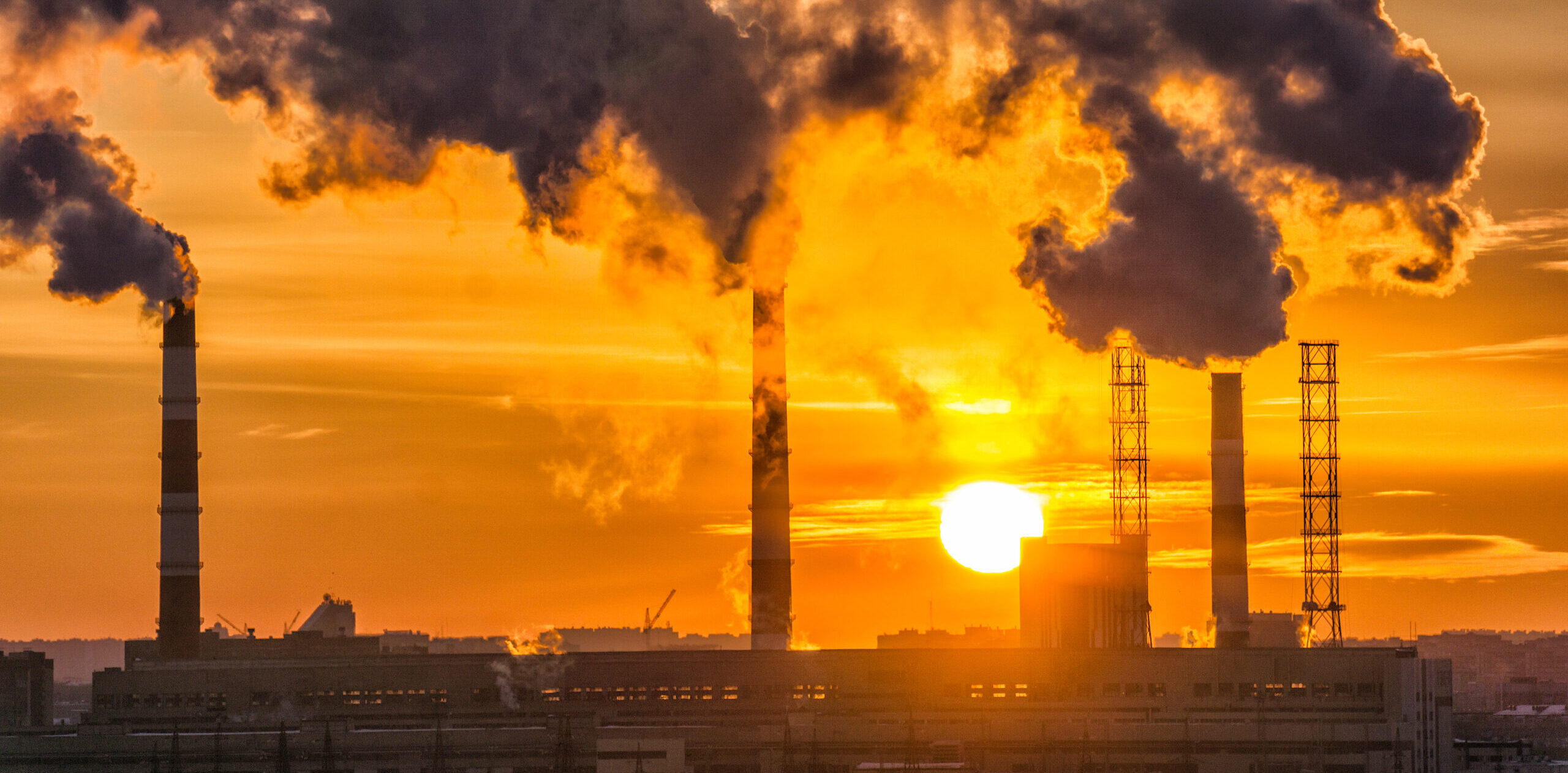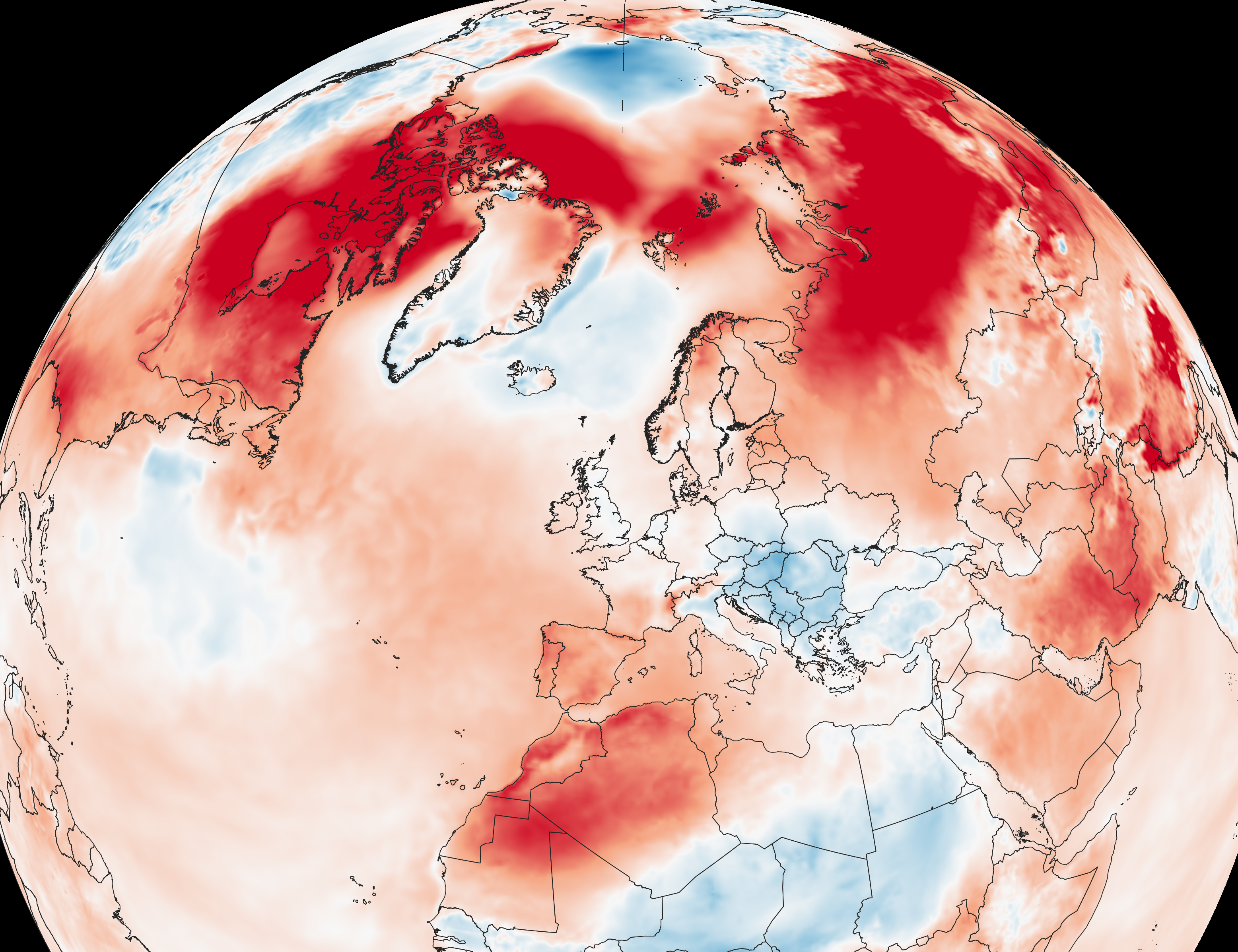Vital Signs: Greenhouse Gas Emissions Hit Highest Levels
50 Leading Scientists on “Unprecedented” Human-Caused Global Warming

“We need to change policy and approaches in the light of the latest evidence about the state of the climate system. Time is no longer on our side.”
Human-caused global warming has continued to increase at an “unprecedented rate” since the last major assessment of the climate system published two years ago, say 50 leading scientists.
One of the researchers said the analysis was a “timely wake-up call” that the pace and scale of climate action have been insufficient.
“This is the critical decade for climate change,” says Piers Forster, director of the Priestley Centre for Climate Futures at Leeds. “Decisions made now will have an impact on how much temperatures will rise and the degree and severity of impacts we will see as a result.”
Forster says that although the rate of increase in greenhouse gas emissions has slowed, “warming rates are currently at a long-term high.”
Human-induced warming is now increasing at a pace of 0.36°F per decade. The analysis also found that greenhouse gas emissions were “at an all-time high,” with human activity resulting in roughly 54 billion metric tons of carbon dioxide released into the atmosphere on average every year.
Given the speed at which the global climate system is changing, the scientists argue that policymakers, climate negotiators, and civil society groups need to have access to up-to-date and robust scientific evidence on which to base decisions. The authoritative source of scientific information on the state of the climate is the UN’s Intergovernmental Panel on Climate Change (IPCC), but the turnaround time for its major assessments is five or ten years.
That creates an “information gap,” particularly when climate indicators are changing rapidly.
In a new initiative through the University of Leeds, the scientists have developed an open science climate tracker — “Indicators of Global Climate Change” — that will update information on key climate indicators every year.
As recent IPCC reports have conclusively shown, with every further increment of global warming, the frequency and intensity of climate extremes — including hot extremes, heavy rainfall, and agricultural droughts — increases.
“We need to be nimble footed in the face of climate change,” Forster says. “We need to change policy and approaches in the light of the latest evidence about the state of the climate system.”
Forster adds that access to up-to-date information is vital. “Time is no longer on our side.”
the full study
“Indicators of Global Climate Change 2022: Annual Update of Large-Scale Indicators of the State of the Climate System and the Human Influence,” Earth System Science Data
adapted from a news release from AAAS
- Categories:


